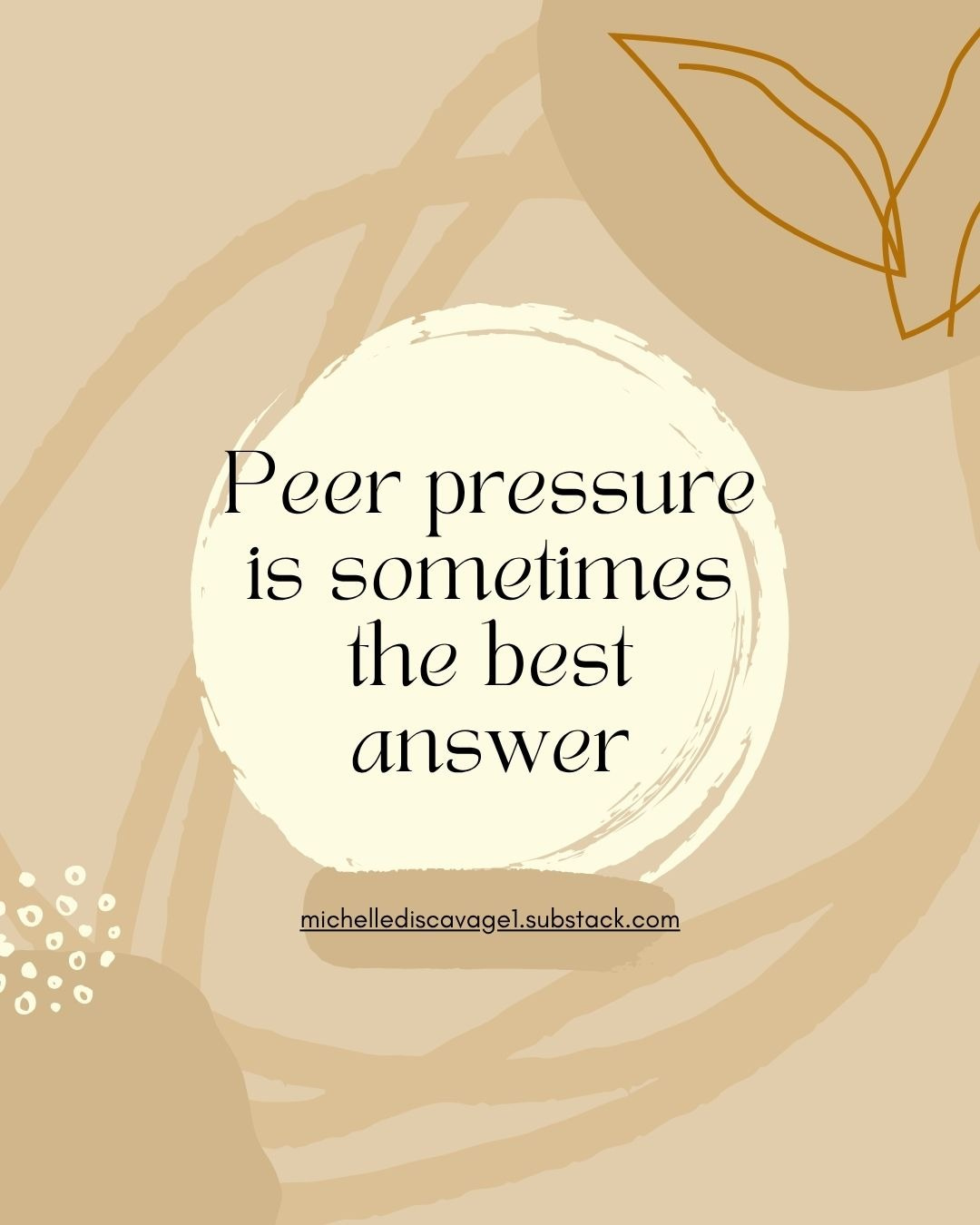Sophomore 1: won’t stop talking and being distracting as they began taking a test.
Sophomore 2: taps him on the shoulder, furrows his brow and says, “Dude, no, we don’t act like that.”
Me: turns away laughing
Disciplining students every day, every hour is exhausting, especially in high school. Seriously, why do these young men and women not know how to behave already? I mean, we learned how to do the basics in kindergarten, didn’t we? Keep your hands to yourself; take turns when speaking; throw your trash in a trash can; the rules have not changed. And yet, these darlings seem to forget everything they have been taught in how to be a decent human.
My favorite moments, when a student chooses to act like a raging fool, are when his or her classmates take care of the discipline for me. What I have found is students listen to their peers rather quickly. Social psychology is a beautiful thing when it is helping course correct a participant gone rogue.
Another perk of when students will correct one another is that it shows students care about the classroom culture and environment. I set high expectations when it comes to how we treat one another and ourselves. Good natured teasing is always welcome. Being mean or demeaning is a no go. Admitting mistakes is beautiful and so is taking responsibility. When they begin holding one another accountable, you know you have a great class.
Am I bothered when they correct me or tell me a comment was not nice? Not at all. I want them to know it is okay to disagree with me and that our disagreements can be handled in a respectful manner, which our society does not provide good examples of. One student asked if I was going to get back onto topic during a lesson so he could finish his work. I laughed, apologized, and refocused.
Whenever a student holds another accountable or steps in to correct a behavior, I thank the student for caring about me, our class, and the other person enough to speak up. Because I don’t want them to leave my room writing great essays but unable to be a functioning, contributing member of society. There is so much more than a curriculum and set of standards being taught, and the best teachers are sometimes the students.




